Description
Find your Inner Zen with this Asian Favorite
The Buttons Gardenia, sometimes referred to as Cape Jasmine or Gardenia jasminoides, is a captivating, evergreen shrub famed for its fragrant, creamy-white flowers and glossy green foliage. A native of Asia, it’s a beloved staple in many gardens for its beauty and intoxicating scent.
In addition to its ornamental use, Cape Jasmine has a long history of use in traditional medicine. Its fruit, known as “Zhi Zi,” is often used in traditional Chinese medicine for its anti-inflammatory and antioxidant properties.
Caring for Jasmine Buttons
Cape Jasmine, with its elegant, aromatic flowers and glossy foliage, is a beautiful addition to any garden or home. Although it can be a bit more demanding in its care, the results are truly rewarding. With the right location, proper soil, adequate watering, and a little attention to its special needs, a Cape Jasmine plant will provide an abundance of breathtaking blooms and a delightful scent that few other plants can match.
Light
Cape Jasmine prefers a location with full sun to partial shade. Too much shade can result in fewer flowers, while too much sun can scorch the leaves. It thrives best in USDA hardiness zones 8-11.
Cape Jasmine is sensitive to being moved or transplanted. Any changes in its location, even indoors, can cause bud drop. It is also sensitive to temperature changes, requiring a consistent temperature between 65°F and 70°F during the day and 60°F to 62°F at night.
Soil
Gardenias prefer well-drained, rich, and slightly acidic soil with a pH between 5.0 and 6.5. Poorly draining and alkaline soils can lead to chlorosis, where leaves turn yellow while veins remain green. If your soil is not naturally acidic, you can modify it with sulfur, organic compost, or a soil acidifier.
Water
The watering needs of Cape Jasmine vary based on soil type, sunlight, and climate. The general rule of thumb is to keep the soil consistently moist but never waterlogged. In drier climates or seasons, more frequent watering may be necessary.
Fertilization
Fertilizing should be done three times a year – in spring, summer, and early fall. Use a fertilizer designed for acid-loving plants, following the package instructions carefully to avoid over-fertilization.
Pruning
Pruning helps maintain the plant’s shape and encourages more prolific blooming. The best time to prune a Cape Jasmine is just after the flowers fade, usually in late summer or early fall. Prune back to a leaf node, an outward-facing bud, to encourage branching.
Pest and Disease Control
Gardenias can sometimes attract pests like aphids, mealybugs, and scales. Regularly check the undersides of leaves and treat any infestations with an insecticidal soap or horticultural oil. Common diseases include root rot (usually due to overwatering or poor drainage) and sooty mold (often a result of a pest problem).
Propagation
Cape Jasmine is most commonly propagated by cuttings. Choose a stem with no flowers, ideally a new growth that’s started to harden. The cutting should be about 5-6 inches long. Remove leaves from the lower half, dip the cut end in rooting hormone, and plant in a well-draining potting mix.
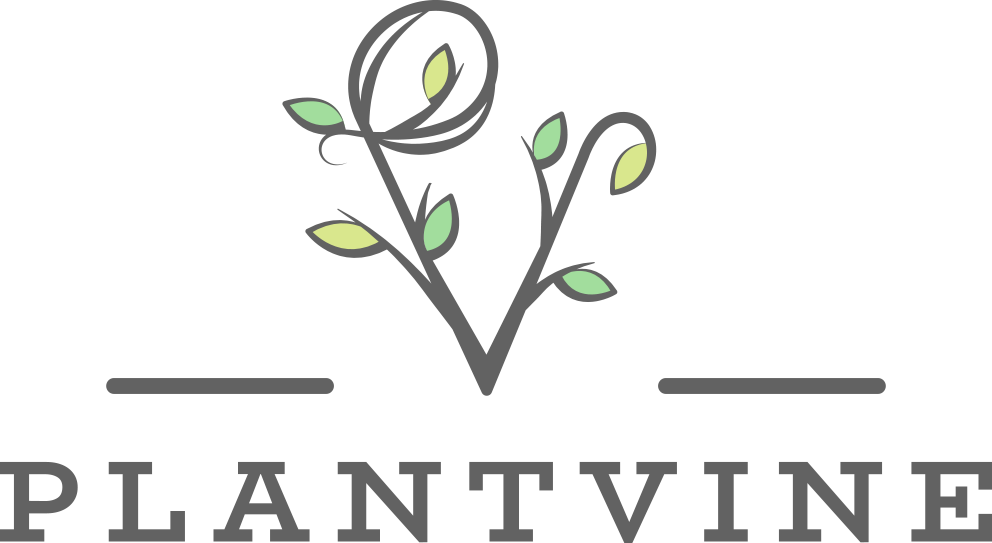
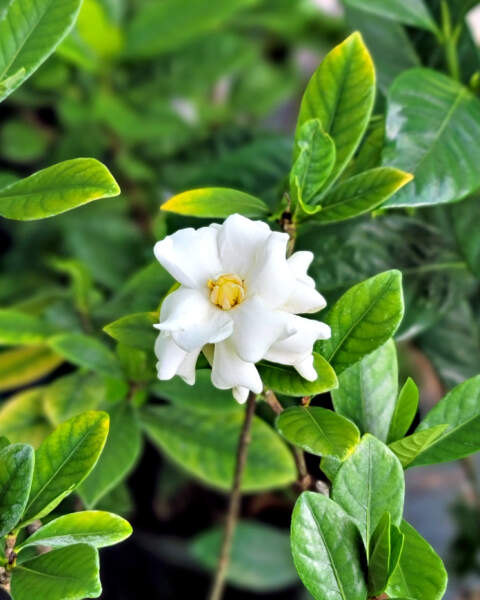
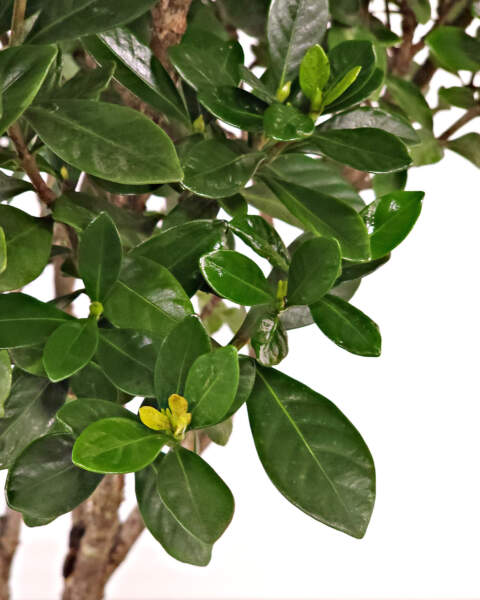
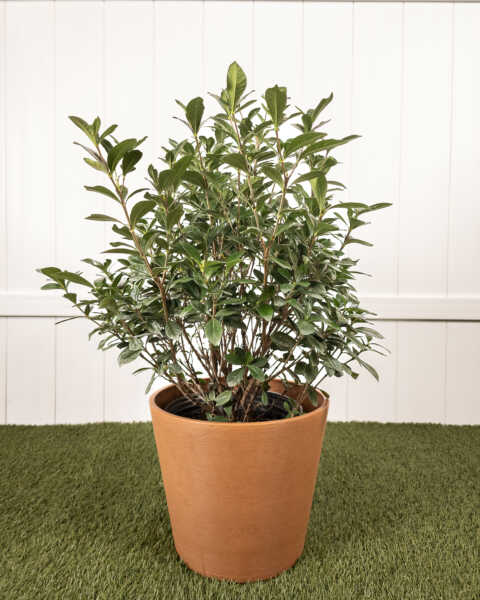
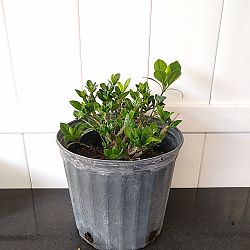
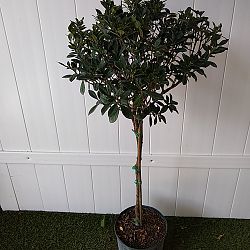
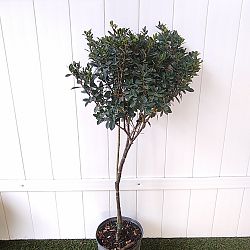
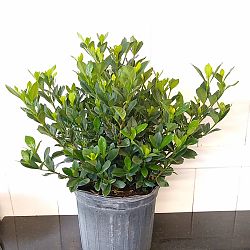
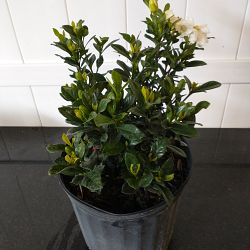
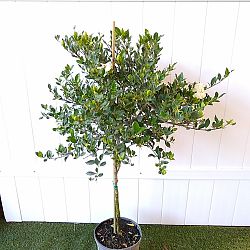
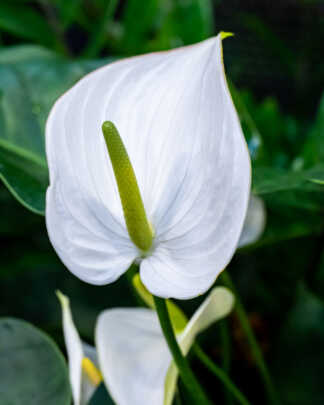
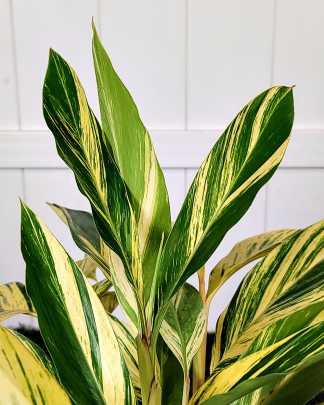
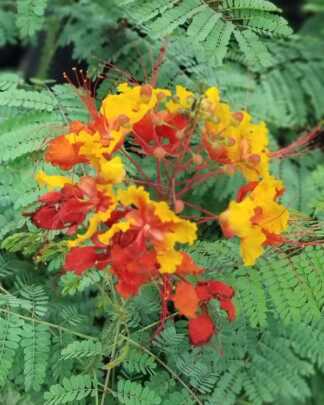
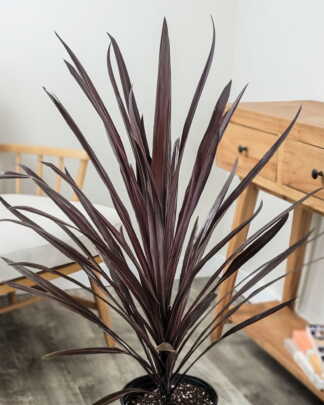
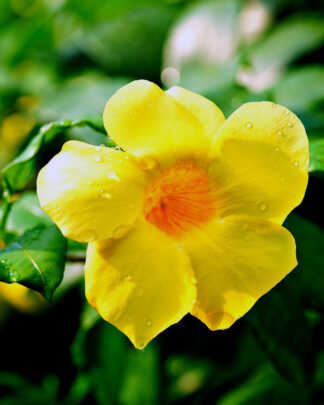


bcgaines1 (verified owner) –
The large size I purchased arrived healthy and with flowers. Fragrance is amazing….. I gave it 4 stars instead of 5 because it was smaller than I thought it would be. Please keep in mind that may be my misinterpretation of Plant Vine’s description. Love Plant Vine, wish I had found you years ago!